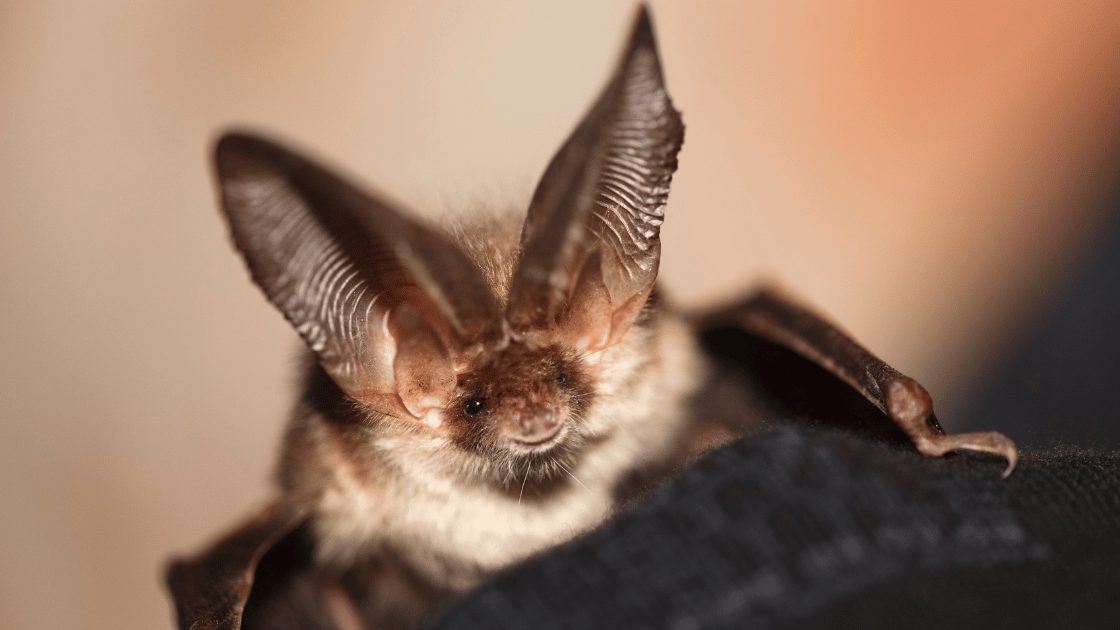Mostly harmless to humans, bats can eat up to 1,000 mosquitos in an hour.
Attract bats to your home to help reduce mosquito populations by hanging bat boxes or planting plants that attract insects bats love.
Fragrant and night-blooming plants that attract insects bats love are thyme, rosemary, lavender, and evening primrose.






